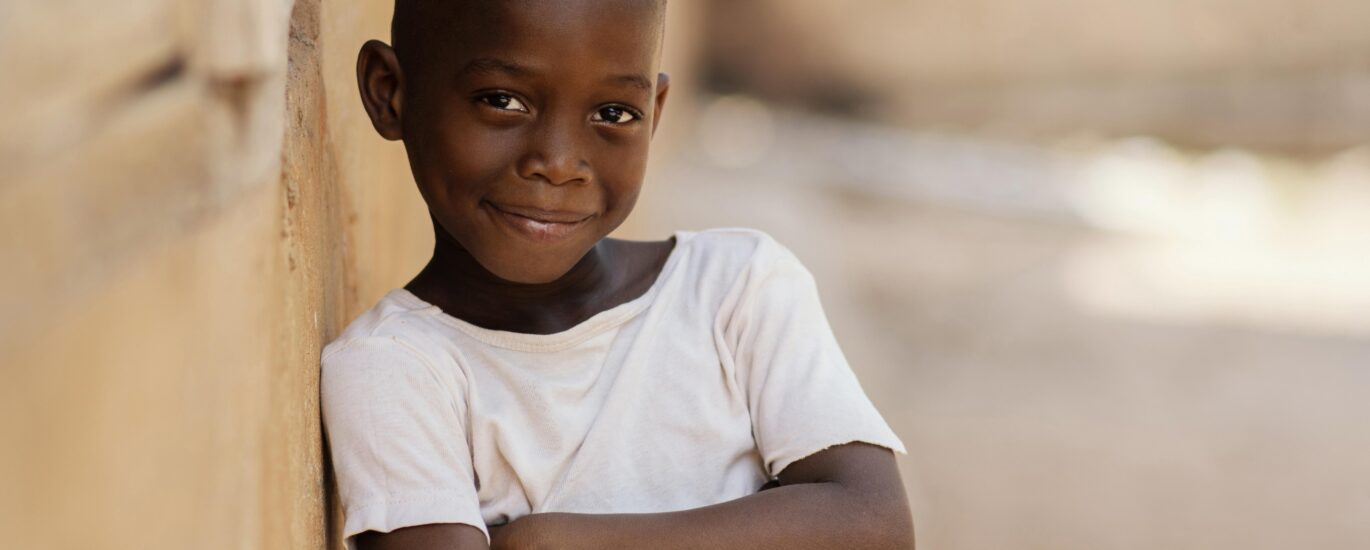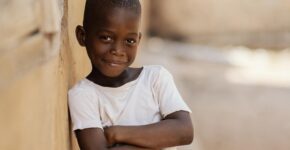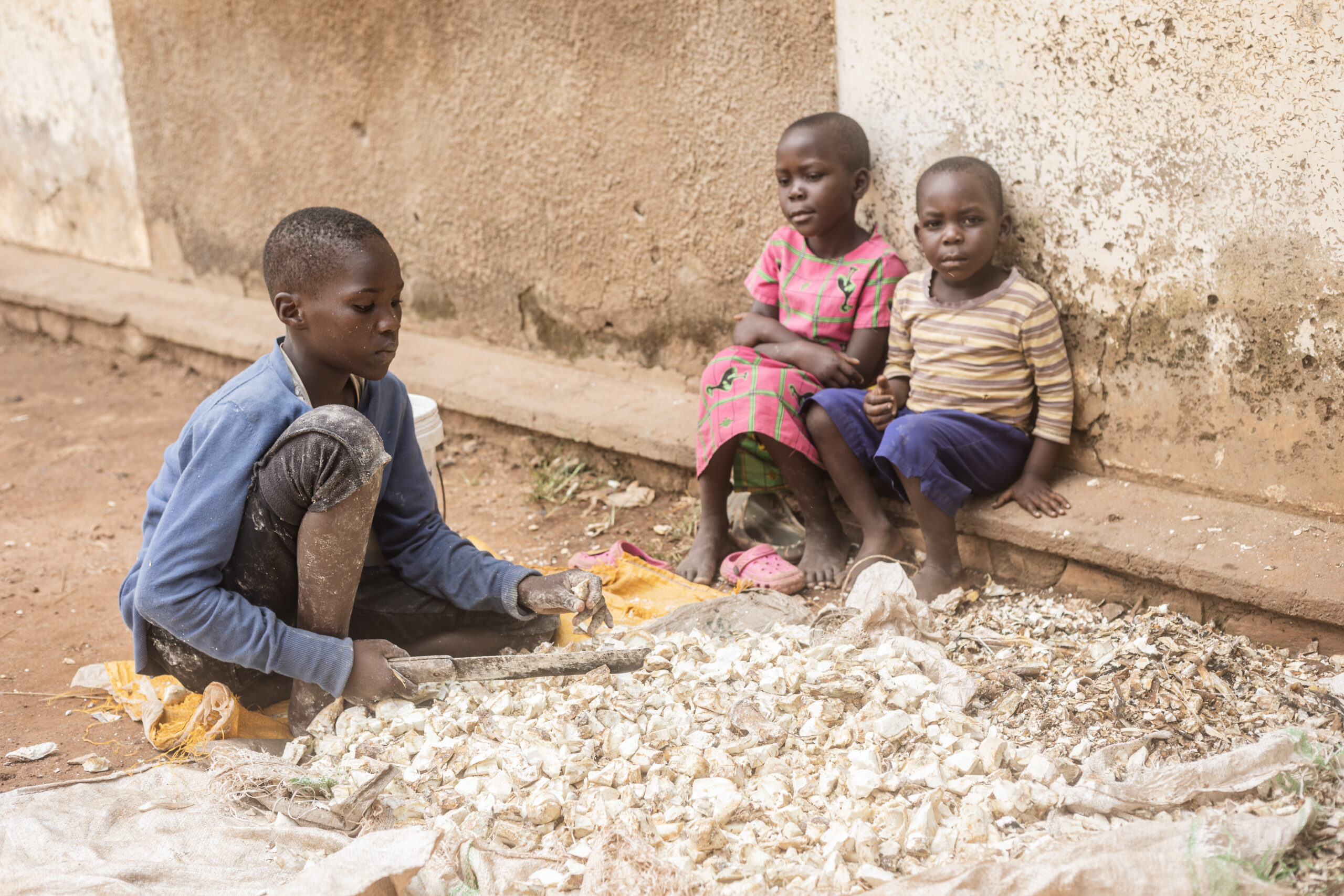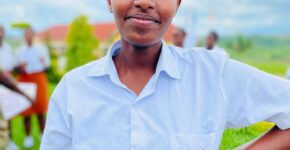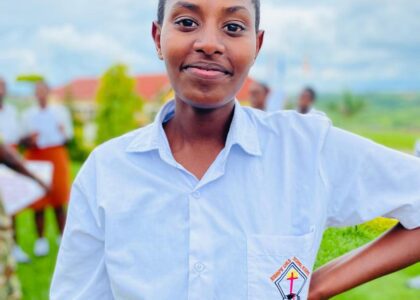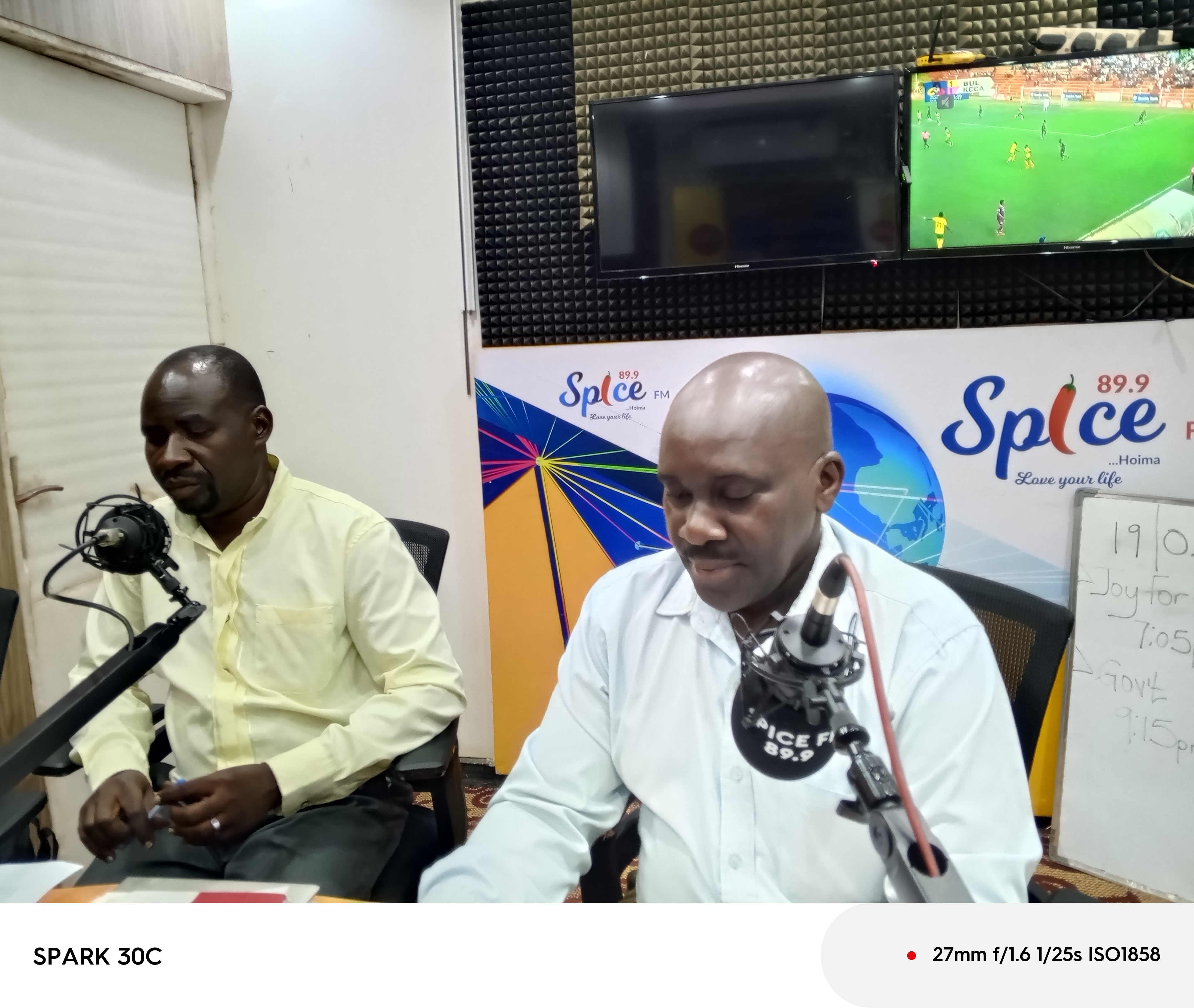Each year on June 16, the African continent observes the Day of the African Child, a day set aside to honor the brave students of the 1976 Soweto Uprising who stood up against apartheid-era education in South Africa. Established in 1991 by the Organization of African Unity, the day now serves as a powerful reminder of children’s rights and the collective responsibility to create an Africa fit for every child.
The 2025 theme “Learning in Adversity: Breaking Barriers, Building Futures” shines a spotlight on the resilience of African children who continue to pursue education despite significant hardship. In Uganda, a nation of over 48 million people, nearly half of the population is under 18. For this reason, the Day of the African Child is more than a commemoration; it is a call to action to safeguard the future of the country’s youth.
In Kampala and many growing towns, rapid urbanization has outpaced the delivery of essential services. Around 60% of Kampala’s population lives in informal settlements, where families often survive on just a few dollars a day. Although Uganda’s Universal Primary Education (UPE) program aims to provide free schooling, hidden costs such as uniforms, books, exam fees, and contributions for meals continue to lock many children out of the classroom. Overcrowded classes with 70 to 100 students further compromise the quality of learning.
These challenges are even more pronounced in slum areas, where children face unsafe environments and lack basics like clean water and proper sanitation. Girls are especially at risk. One study found that 30% of secondary school-age girls are out of school, compared to 21% of boys, with social norms often prioritizing education for males.
In rural areas, the situation is no better. Many communities are scattered, schools are understaffed and under-resourced, and more than 60% of households live in multidimensional poverty. Children often walk long distances to reach school. As a result, two-thirds of Ugandan children drop out before completing primary school, and only 16% complete secondary education. In the 2023/24 national budget, education received just 8.4% of total government spending far below the UNESCO recommendation of 15–20%.
Nationwide, the enrollment crisis is sobering: 53% of primary-aged children and 92% of secondary-aged children in Uganda are not in school, particularly in rural areas and refugee settlements. This leaves hundreds of thousands of young people without the basic literacy and life skills needed for the future.
For girls, the barriers are compounded by gendered norms and harmful practices. Uganda has one of the highest rates of child marriage in the world, with 34% of girls married before age 18. Early marriage and teenage pregnancy often cut a girl’s education short. Many girls also lack support during menstruation. According to a 2020 Ministry of Education report, 65% of schoolgirls do not have regular access to sanitary pads or private washrooms, leading 77% to miss 2–3 days of school each month. This translates into more than 1.2 million adolescent girls struggling to manage menstruation while staying in school. Stigma, shame, and missed lessons push many to drop out entirely. Today, only 70% of girls complete primary school, compared to over 80% of boys, and just 30% of secondary-aged girls remain enrolled. Breaking these gender barriers is critical to securing a better future for all.
In the face of these challenges, grassroots organizations like Joy for Children Uganda (JFCU) are driving change. Since 2005, JFCU has worked to end violence against children and expand access to education for the most vulnerable. Their school sponsorship program covers tuition, uniforms, and school supplies for children whose families cannot afford the costs. By forming village savings groups and introducing livelihood programs, JFCU empowers parents to support their children’s education long-term.
JFCU also addresses one of the most pressing barriers for girls: menstrual hygiene. Through menstrual health workshops and the distribution of reusable pads, the organization helps girls navigate puberty with dignity, reducing school absenteeism. JFCU also conducts counseling sessions on personal safety and reproductive health, equipping students with knowledge and confidence.
On a broader scale, JFCU is a key advocate in national policy reform. The organization contributed to Uganda’s 2022–2027 National Strategy to End Child Marriage and Teenage Pregnancy and actively campaigns for the passage of the Sexual Offences Bill and the Marriage Bill, which seeks to outlaw marriage for anyone under 18.
JFCU’s holistic model extends to psychosocial support and legal aid for children who have experienced violence. By helping them heal, return to school, and access justice, JFCU strengthens both protection and education systems. Their work has impacted thousands of children across slums, refugee camps, and remote rural communities transforming trauma into resilience through grassroots care, mentoring, and advocacy.
The Day of the African Child is a powerful reminder that protecting education requires action at all levels:
- Government must deliver on the promise of free, quality education by increasing education funding (Uganda’s current 8.4% allocation is far below regional and global standards). Meeting the UNESCO target of 15–20% could finance more teachers, build schools, and eliminate unofficial school fees. Laws protecting children from early marriage and exploitation must be fully passed, enforced, and monitored.
- Communities and Families must commit to keeping every child—especially girls—in school. This includes addressing menstrual health stigma, challenging harmful customs like early marriage, and strengthening household resilience through savings groups, income-generating activities, and school feeding programs. Community volunteers can play a key role in mentoring youth, reporting abuse, and holding schools accountable.

